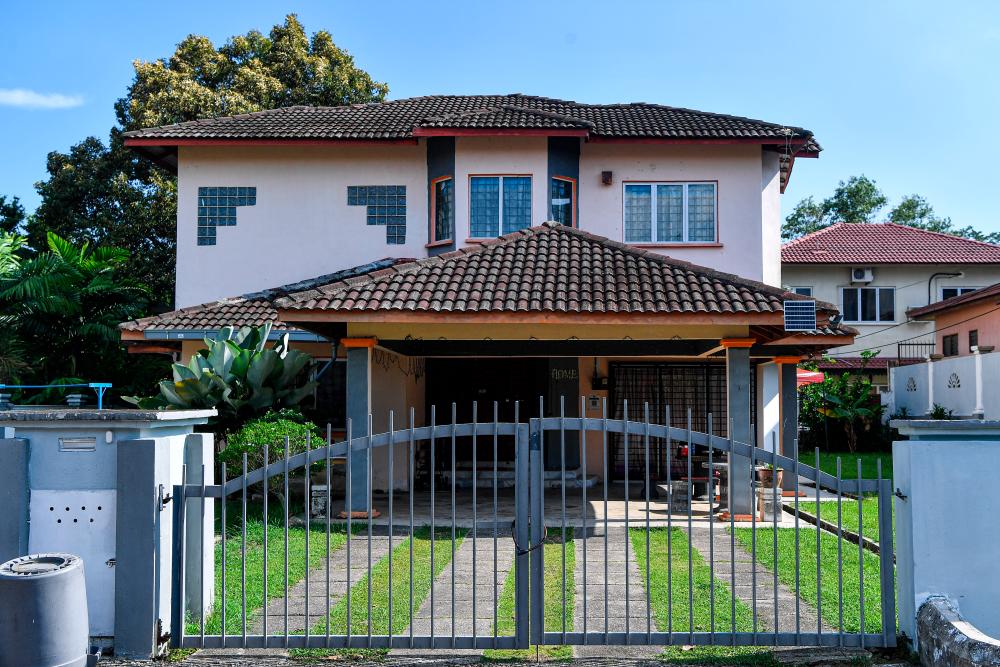PETALING JAYA: Police, social welfare and religious affairs departments are to blame for the child abuse and sexual exploitation at care homes, claimed prominent child rights advocate Dr James Nayagam.
“Forty-one police reports were filed against Global Ikhwan Service and Business Holdings (GISBH) from 2011 to Sept 7 and over these 13 years, what action did they take?
“The departments took their own sweet time and worked in silo. This contributed to a colossal failure to act against the alleged perpetrators, with the children now paying the price.”
On Sept 11, police rescued 402 minors aged between one and 17 from care homes linked to GISBH for alleged exploitation in a major operation across Selangor and Negeri Sembilan, codenamed Op Global.
IGP Tan Sri Razarudin Husain said the victims, who are locals, endured various forms of exploitation and abuse, including being sodomised by caretakers and taught to perform similar acts on other children at the home.
“They were punished using heated metal objects when they made mistakes and the suspects touched their body parts by claiming it was part of religious medical treatment.”
Nayagam said while the Child Care Centre Act 1984 and the Child Act 2001 are comprehensive, the problem lies in enforcement and failure to implement the laws, particularly when it involves homes run by groups labelled as “deviant”.
He said authorities must apply the same level of scrutiny to religious based homes as they do with others run by NGOs.
“For years, homes run by religious organisations were not properly regulated and now we are seeing the consequences.
“I strongly urge the Human Rights Commission to conduct a public inquiry into the GISBH matter. It needs to investigate why regulations were not enforced and recommend how to prevent a recurrence.”
He said parental neglect played a significant role as many send their children to unregistered homes with questionable employees.
“Some children were sent to the home when they were only seven months old and it is disturbing as a parent to see children being exposed to such an environment.
“There are many more cases out there. This is just the tip of the iceberg, so it is crucial to expose such issues and bring them to an end.”
Persatuan Kebajikan Suara Kanak-Kanak executive director Anderson Selvasegaram said such a tragic case is disturbing and raises several issues that must be addressed.
He said abuses and exploitations do not occur overnight, emphasising the need to question why no effective action was taken against the homes sooner, despite all the reports that were lodged against them.
“Have complaints about abuse become so normal that they are not addressed with the seriousness they deserve?
“The frightening reality is that as long as there is insufficient monitoring and supervision of shelters and homes in the country, no one truly knows how widespread child abuse and exploitation might be in such places.”
He said the registration requirements for welfare homes and shelters focus on basic elements, such as health and cleanliness, food preparation, fire safety protocols and physical infrastructure.
The standards fall short in critical areas as there is no official vetting process, no minimum qualifications required for staff and no mandates for ongoing training in child protection and care.
“When reports of abuse in these institutions arise, it is crucial not to downplay them. Those responsible for these crimes against children must be held accountable and face the maximum legal consequences.
“It is essential that the victims have access to therapists who can help them process and recover from their trauma as they move forward.”









